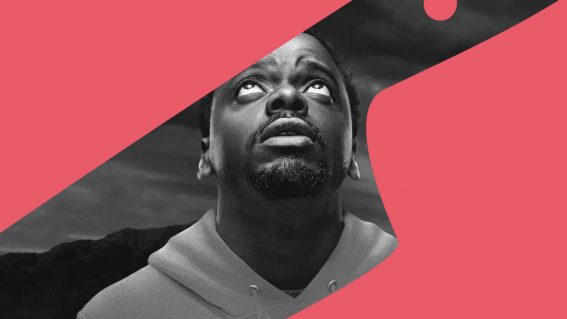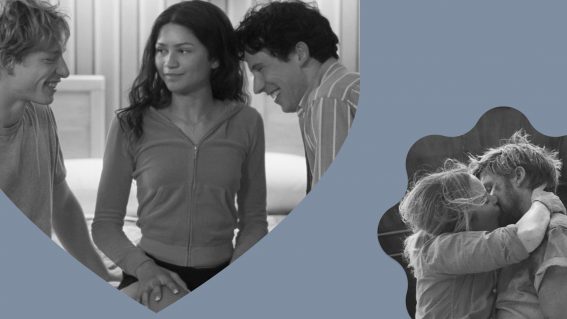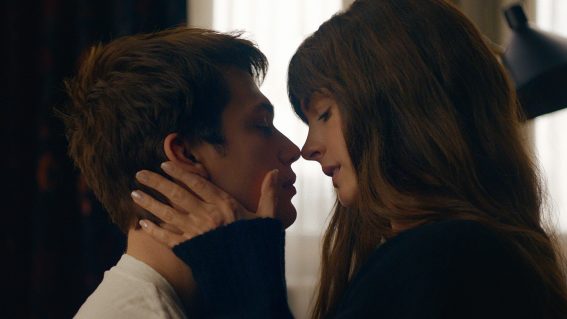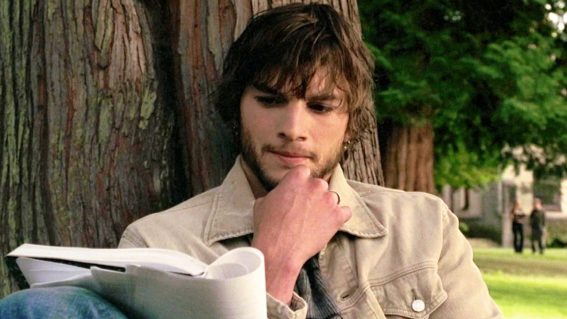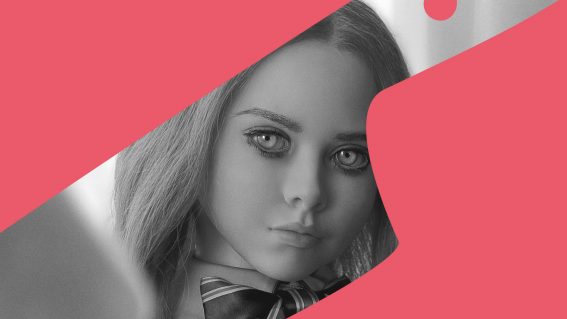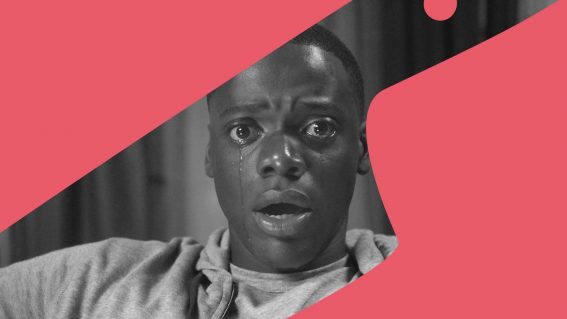He’s quitting The Witcher, but Henry Cavill is the best he’s ever been
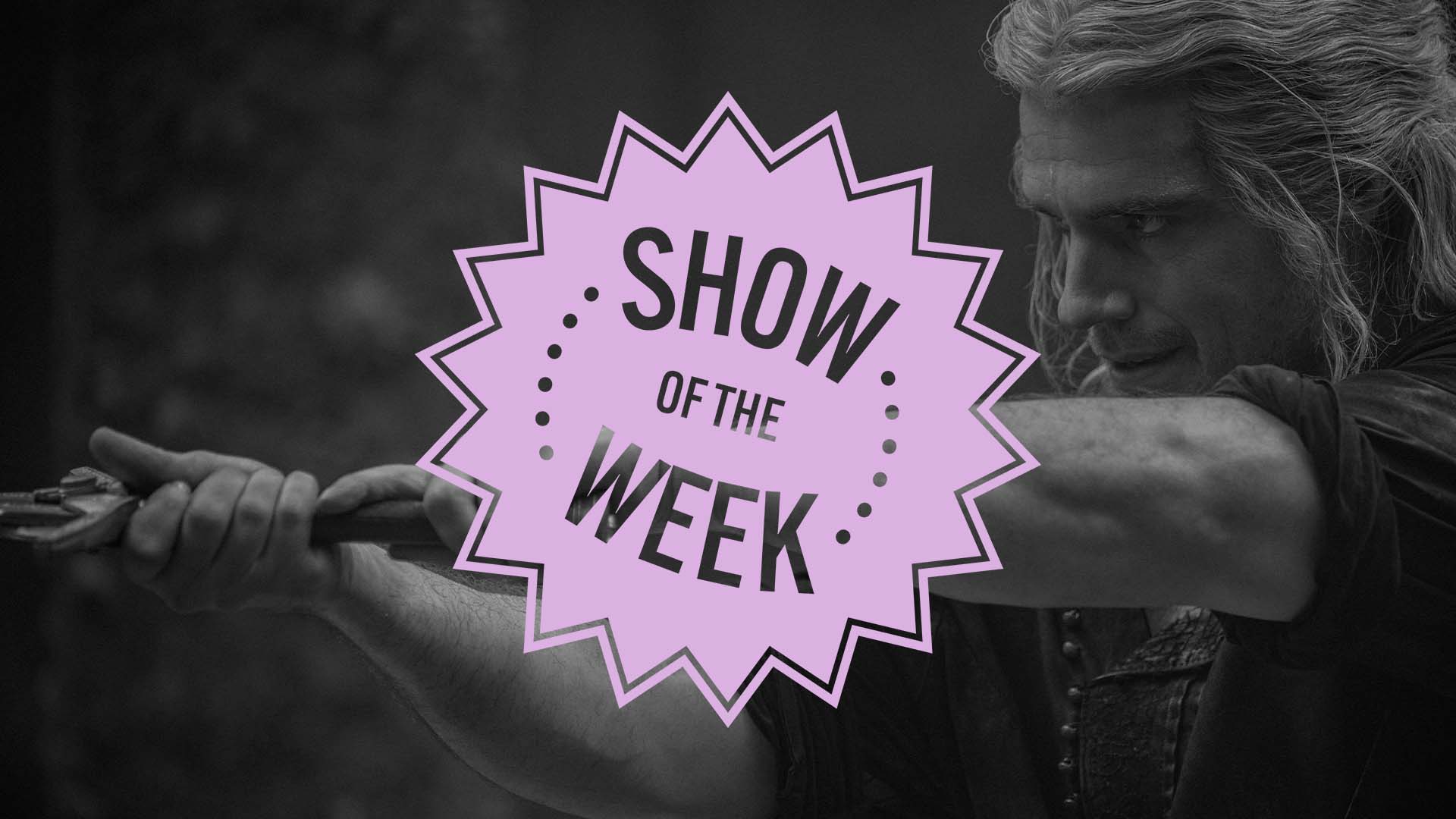
We’re all drowning in content—so it’s time to highlight the best. In her column, published every Friday, critic Clarisse Loughrey recommends a new show to watch. This week: The Witcher, in which Henry Cavill’s pending departure stings – it’s taken until now for the show’s central relationship to really blossom.
One of life’s cruel, little ironies is that whatever you grow to love will immediately be taken away from you. It’s true of relationships, cereal brands, and, unexpectedly, Henry Cavill in Netflix’s The Witcher—its bombastic, effects-driven adaptation of Andrzej Sapkowski’s fantasy book series, popularised through a series of critically acclaimed video games. As you may know, Cavill has formally stepped down from the role of Geralt of Rivia, the titular monster-hunter imbued with supernatural abilities and a mild addiction to the word “f***”. Liam Hemsworth will, instead, take up the sword and lead the series into its future.
What a concerningly large amount of people don’t seem to know—and the fault here may lie with Netflix’s marketing department—is that Cavill is still in the new season. It’s become an extended farewell, since, à la Stranger Things, season three has been split into two parts. The finale will premiere next month. I won’t speculate too much on why Cavill decided to leave. There have been plenty of rumours: that he’d put all his chips on Superman only for the gamble to fail spectacularly (welcome to the DCU, David Corenswet); that he had concerns about the show’s creative direction; or that he couldn’t betray his passionate commitment to playing pretty-boy Sherlock in the Enola Holmes films (my personal conspiracy theory).
It’s Cavill’s choice. And his own future to decide. The only regrettable part is that his swan song has also become his high point. Geralt, in these five initial episodes of season three, is the best he’s ever been. The Witcher we met back in season one was a slab of cut steel with a growl that could topple mountains, thrown chaotically together with reluctant sidekick and full-time bard Jaskier (Joey Batey, who puts the relief in comic relief, a saving grace that single-handedly prevents the show from collapsing into its own portentousness).
But it’s taken until now for the show’s central relationship to really blossom—that between Geralt and Ciri (Freya Allan), a young princess who may or may not be the key to causing or preventing an apocalypse. Her powers, in season three, have made her the target of pretty much every other character we’ve met. Some want to capture her, some want to marry her off, and some would rather she just die. But Geralt has come to see Ciri as one of his own, and it’s a testament to the nuances of Cavill’s performance that no one’s yet suggested Pedro Pascal simply add this reluctant father figure to his growing collection. Geralt isn’t merely taciturn and repressed, he’s a guy having to clumsily teach himself how to feel human emotion, step by step.
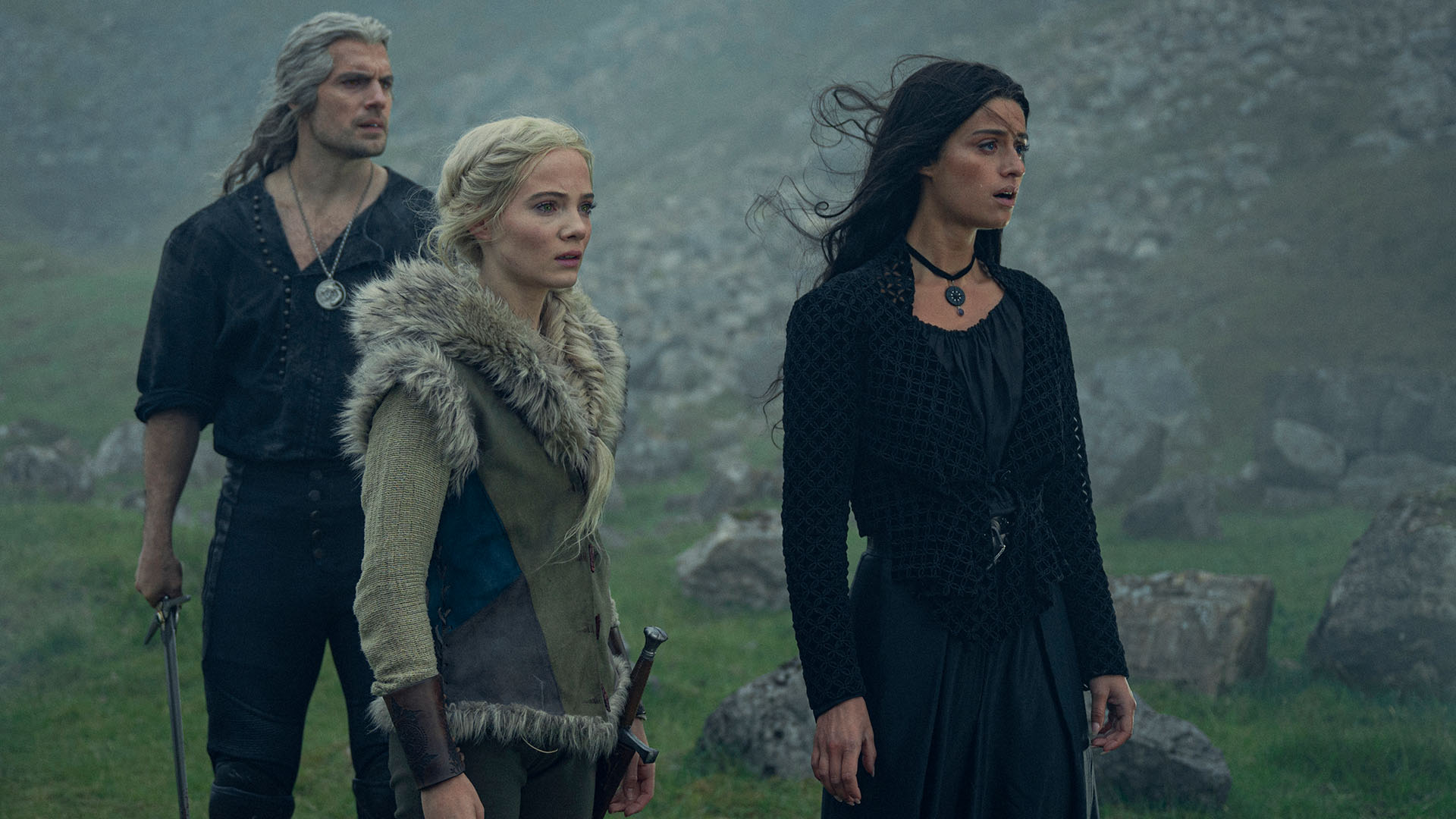
As is the routine with these Netflix fantasy series (see: Shadow and Bone), the lore here is exhaustingly complex, a catalogue of tenuous allies and ancient grudges. I found it almost impossible to keep up. To be fair, I hadn’t done my homework and watched its prequel miniseries, Blood Origin, which supposedly explained The Conjunction Of The Spheres—in which various multiverses collided and threw elves, humans, and monsters together into one, gigantic pot of discontent.
But I’ve kept faithful to The Witcher almost entirely because of Geralt and Ciri’s familial bonds. And because of the lust-flecked tension between Geralt and quarter-elf sorceress Yennefer (Anya Chalotra), whose ambition has been her greatest strength and, at times, greatest weakness. And because of Geralt and Jaskier’s co-dependent friendship, complicated here by allegiances of both a professional and personal nature. Geralt likes to think of himself as a human Switerzland—or, as he puts it, “neutrality: it won’t get you a statue, but it’ll certainly help in keeping you alive.” But he’s never had to contend with how these ramshackle outcasts have been drawn into a real, (dys)functional family: Papa Geralt, Mummy Yennefer, Baby Ciri, and Fun Uncle Jaskier.
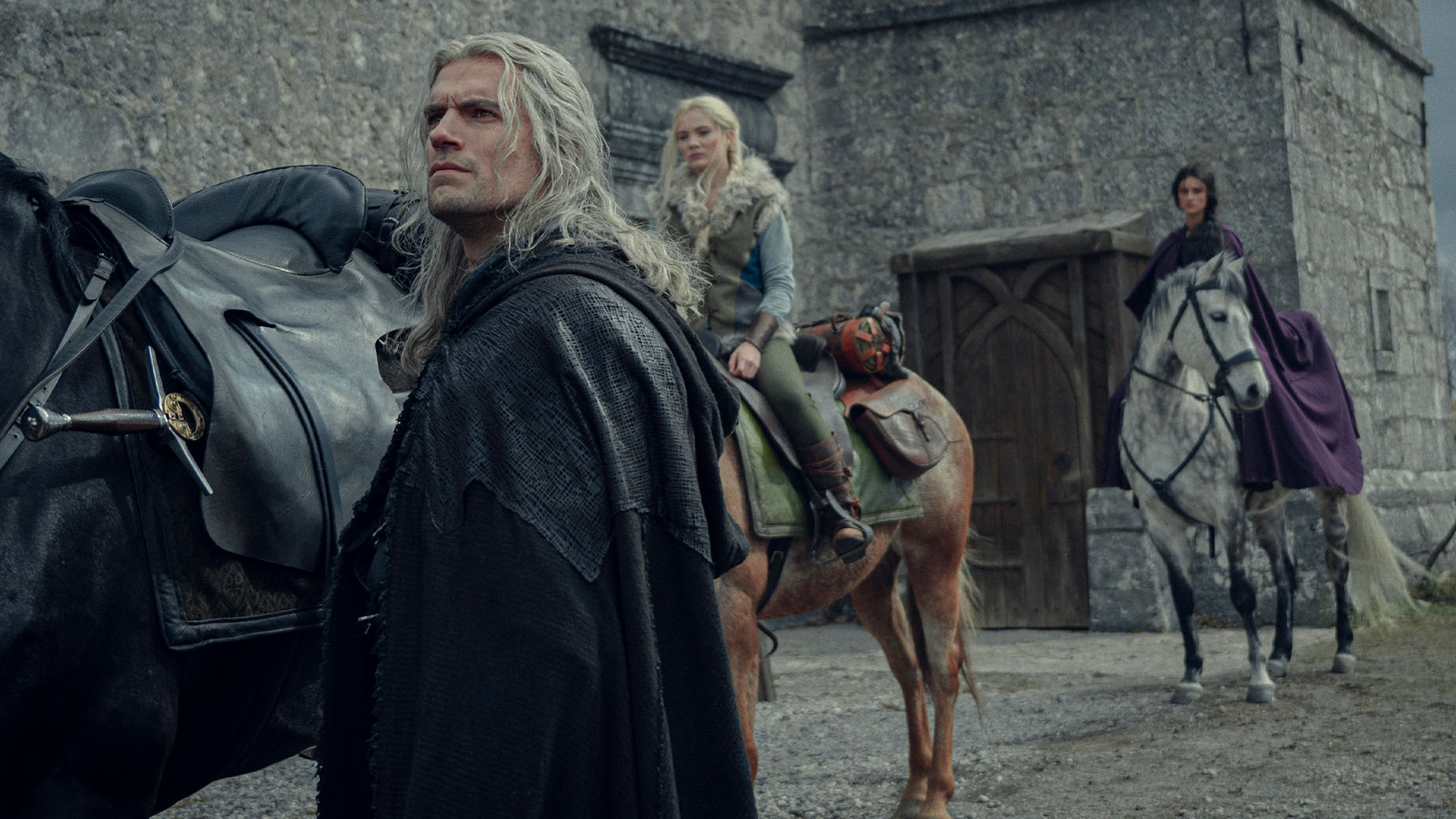
The best scenes of season 3 so far, really, haven’t been the monster fights (though they’re as pleasingly bloody and phantasmagorical as ever). They’ve been the moments of impromptu domesticity shared by people who never saw much of a future for themselves. Despite an abundance of fantasy on TV, very few of these shows have really delivered that level of undecorated humanity. We’ll just have to see what happens when a rogue Liam Hemsworth is thrown into the mix.



